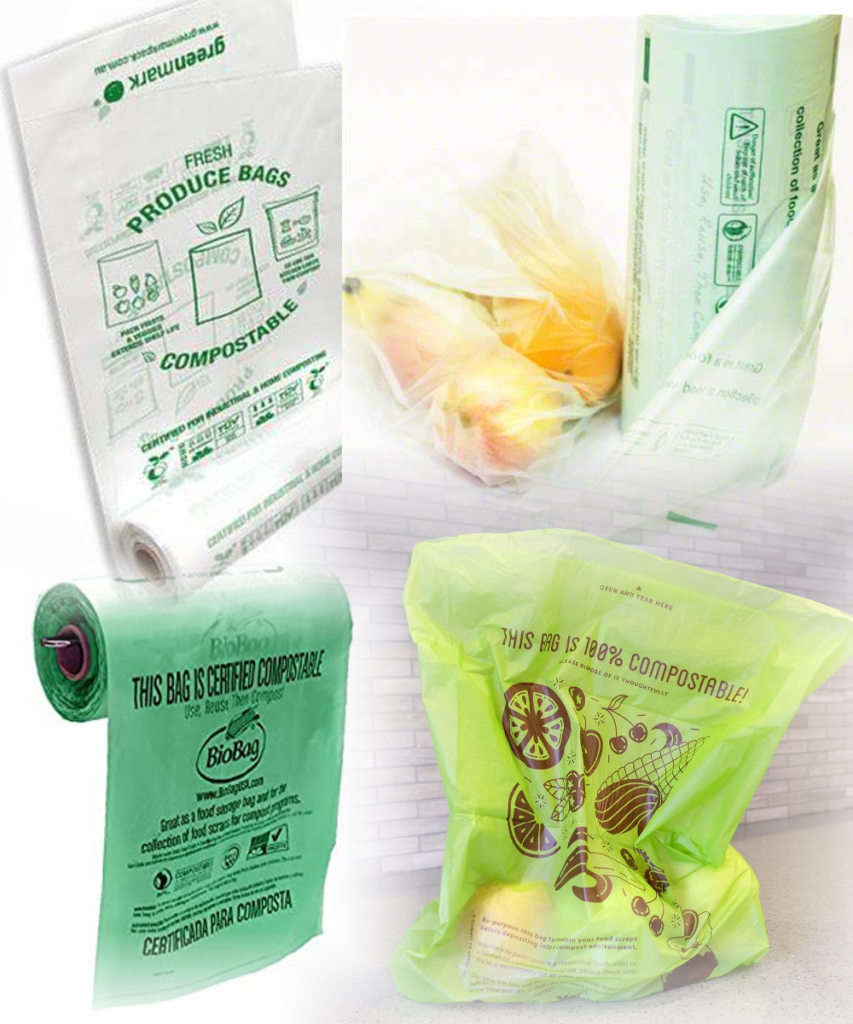STOP Plastic Produce Bags Pollution
STOP Plastic Produce Bags Pollution!
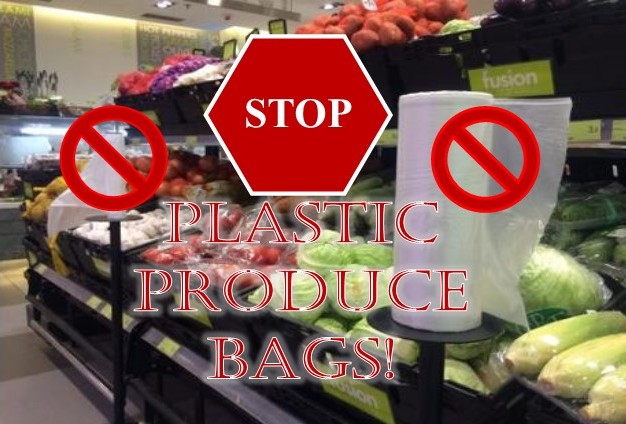
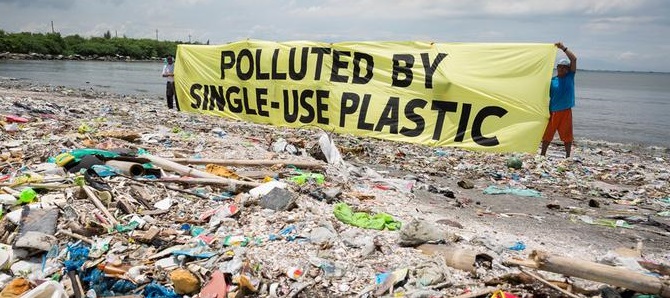
WHY?
Plastic Bags are in the top 5 list of most polluted items:
- Cigarette Butts
- Bottles and Bottle Caps
- Food Packaging
- Plastic Bags
- Aluminum Cans
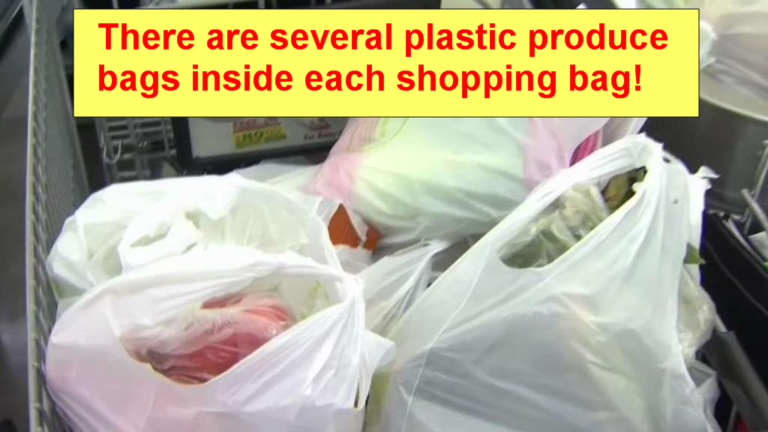
FACTS:
Plastic bags are made from petroleum products and natural gas, both non-renewable resources, and their manufacture helps to drive up gas prices. It takes 12 million barrels of oil to produce the plastic bags that the U.S. uses every year.
- Our modern world has become so dependent on the convenience of mass-produced, readily available plastic products — that it’s surprising to consider that the world was once plastic-free.
In just a single generation (roughly from 1940 to the present), our overwhelming reliance on plastics has created environmental problems such as crowded landfills, groundwater contamination, and ocean debris that future generations will still be cleaning up.
In The United States:
According to the Environmental Protection Agency, over 380 billion plastic bags, sacks and wraps are consumed in the U.S. each year. Also, only 2% of plastics get recycled in the United States.
According to The Wall Street Journal, the U.S. goes through 100 billion plastic shopping bags annually. (Estimated cost to retailers is $4 billion).
The average family accumulates 60 plastic bags in only four trips to the grocery store.
PAST SOLUTIONS:
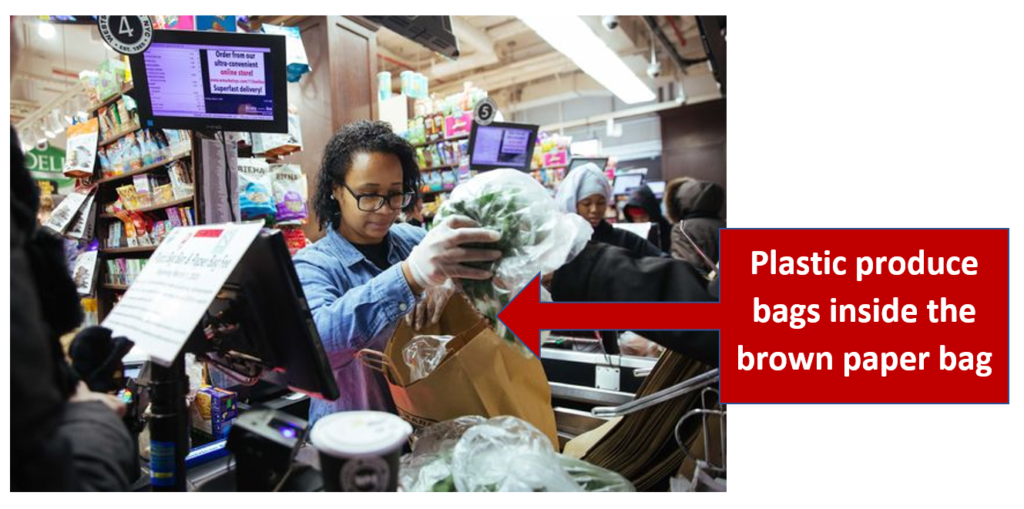
We have been focusing on reducing plastic shopping bags, but not much has been done with the PLASTIC PRODUCE BAGS which are several of them inside every shopping bag.
We tried to ban the shopping bags, but not the produce bags. The above and below images clearly shows the gap in our past solution.
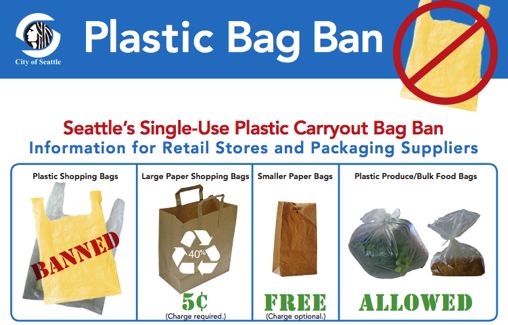
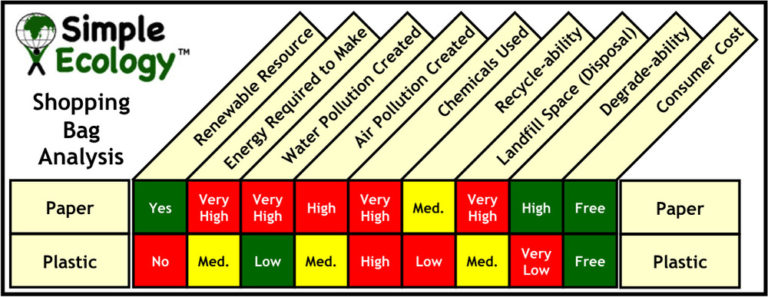
HOW DOES IT IMPACT YOU?
Have you heard of the Food Chain?
Your trash is eaten by marine animals after they photodegrade (break down into smaller and smaller toxic bits) and we humans consume fish products. So, your plastic trash comes back to you.
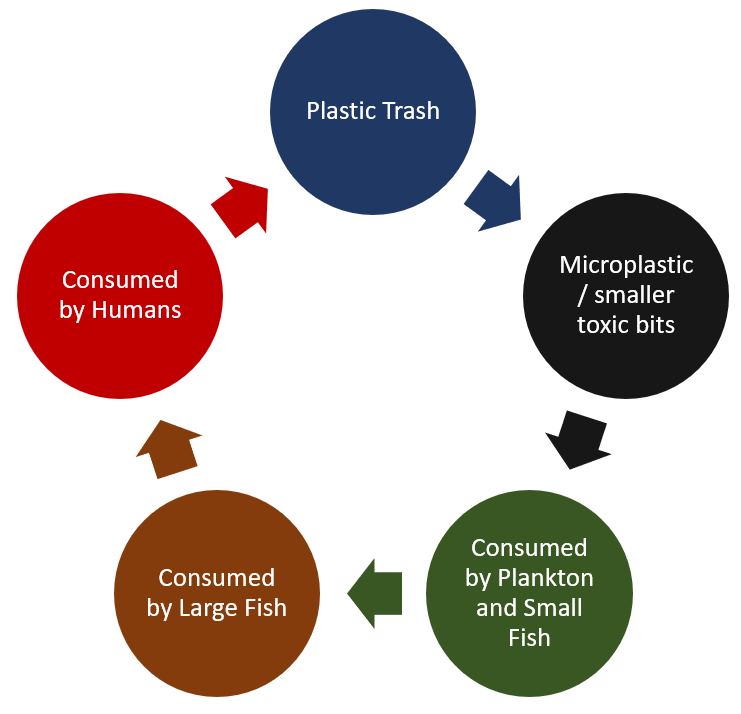
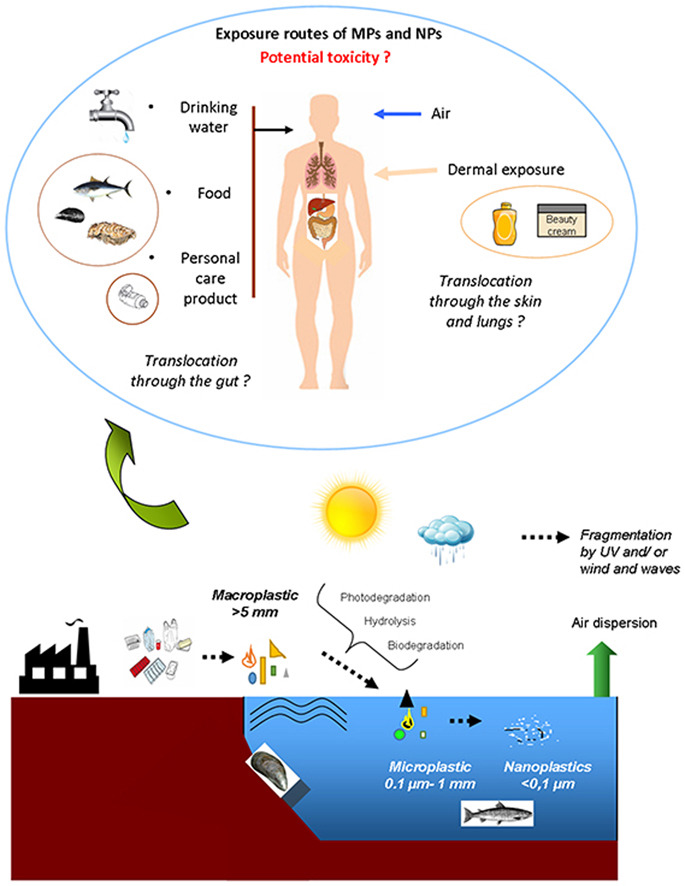
Surprisingly common fish-based products:
Think you are vegetarian? You will be surprised of the animals in your products (like fish).
Fish Based By-Products:
- Bear and Wine: Made from fish swimming bladders (common clarifier)
- Lipstick: Made from Fish Scales (to make it shine)
- Marshmallows: Get fluff from gelatin
- If it was kosher or halal then it probably has fish gelatin
- Made from boiling fish skin, bones, and connective tissue together
- Omega-3 Enhanced Foods: One common source of Omega-3 fatty acids is fish oil
- Worcestershire Sauce: Made from anchovies fermented in vinegar for a year and a half
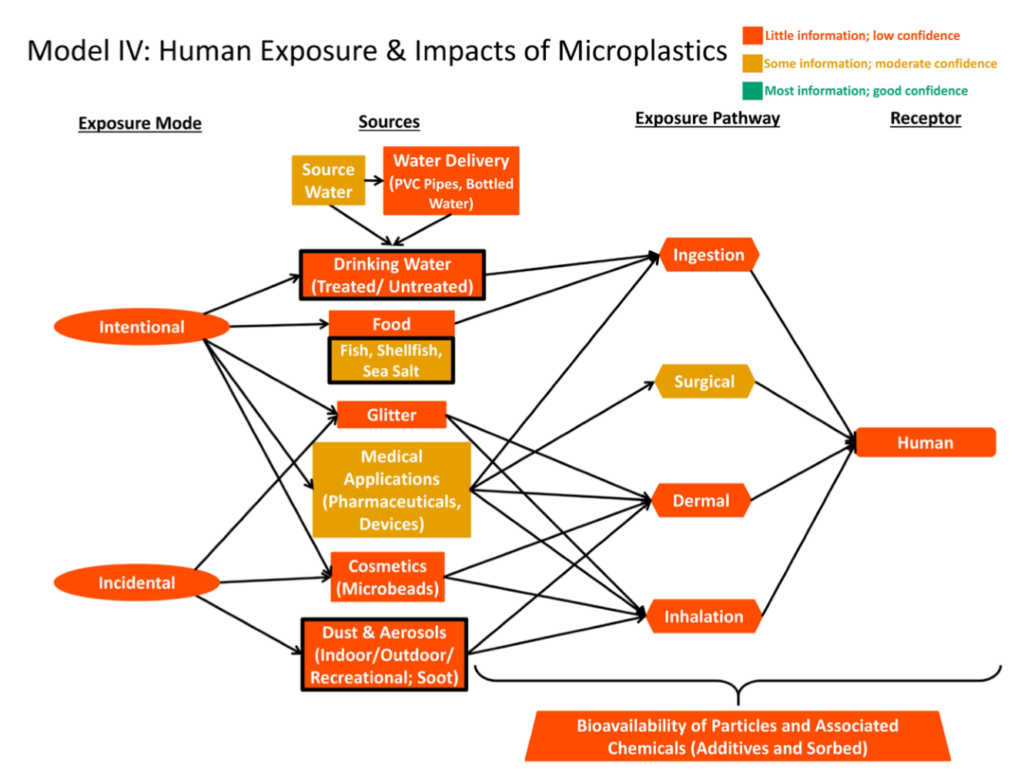
EPA Office of Wetlands, Oceans and Watersheds: Microplastics Expert Workshop Report
Primary Author: Margaret Murphy, AAAS S&TP Fellow
Report Date: December 4, 2017
How much progress have we made as a country with this plastic bags ban?…check it out for yourself:
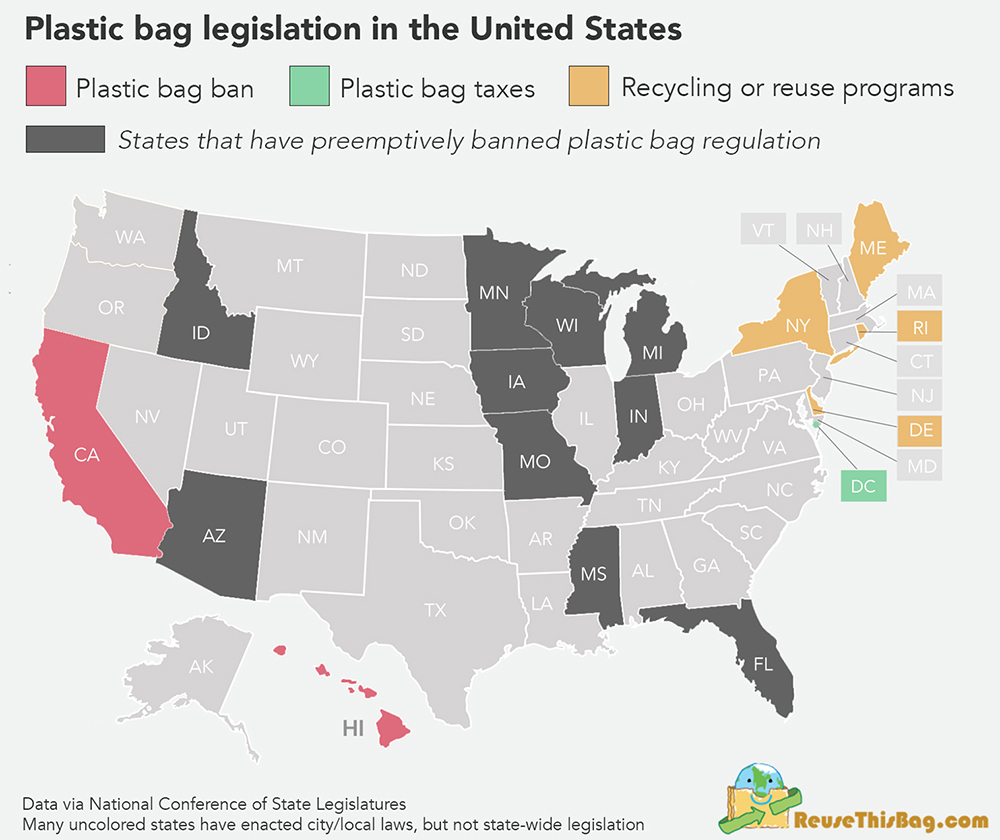
WE ARE HARMING MARINE LIFE:
Turtle mistakes plastic bag for jelly fish and eats it!More than 100,000 turtles die from ingesting plastic bags
Turtle mistakes plastic bag for jelly fish and eats it!
- More than 100,000 turtles die from ingesting plastic bags
- Once ingested, the plastic blocks the digestive tract and they starve to death
- Others drown after being entangled in plastic waste
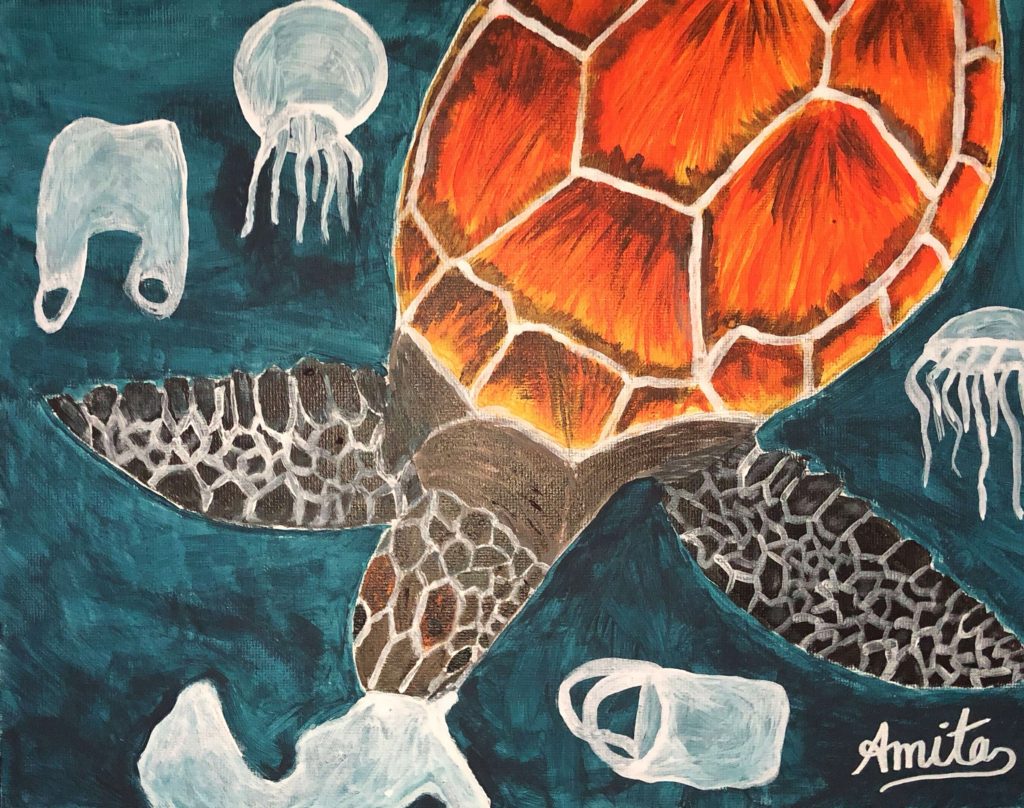
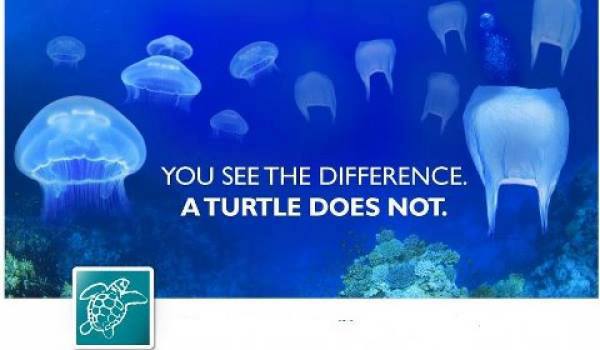
WE ARE HARMING LAND LIFE:
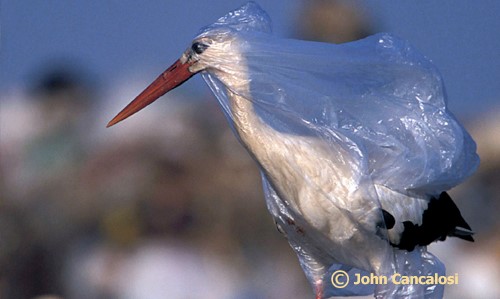

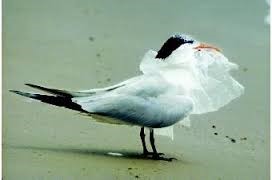
PLEDGE to switch to REUSABLE MESH PRODUCE BAGS:
One Reusable produce bag eliminates at least 1000 plastic bags in its lifetime.
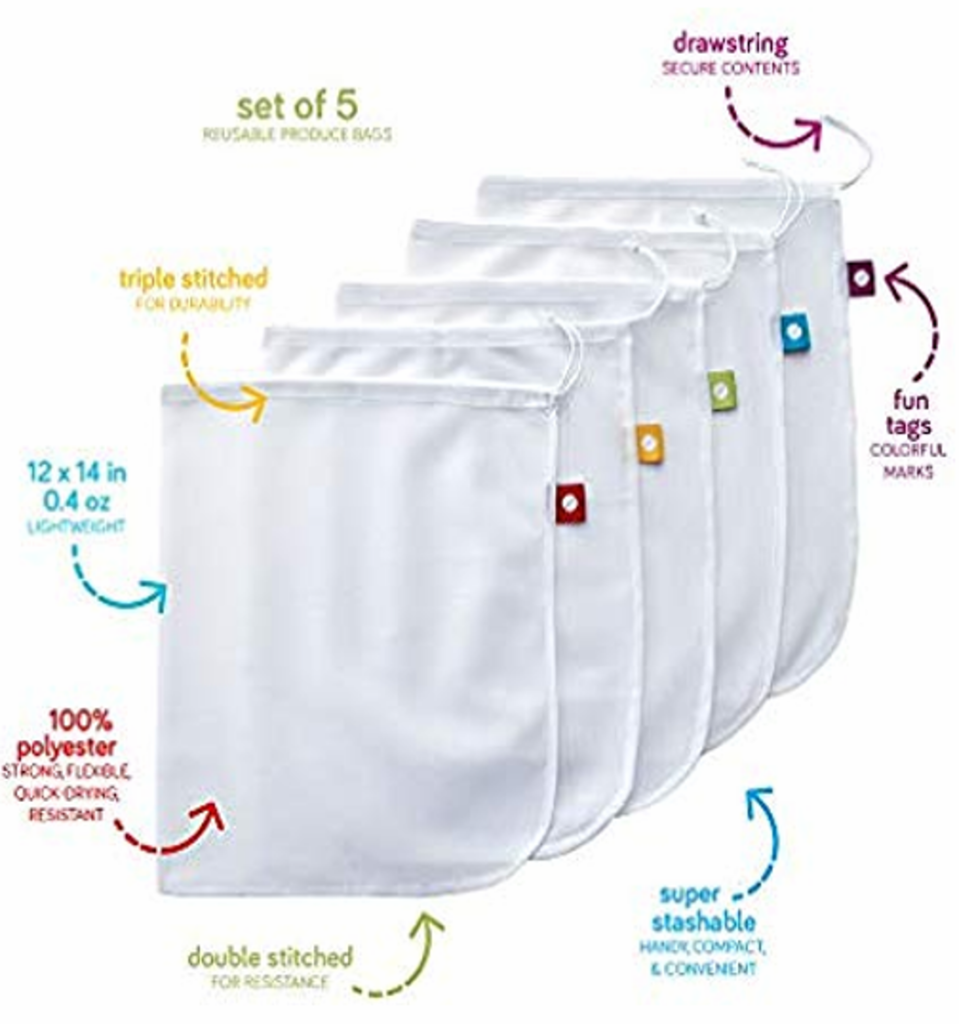
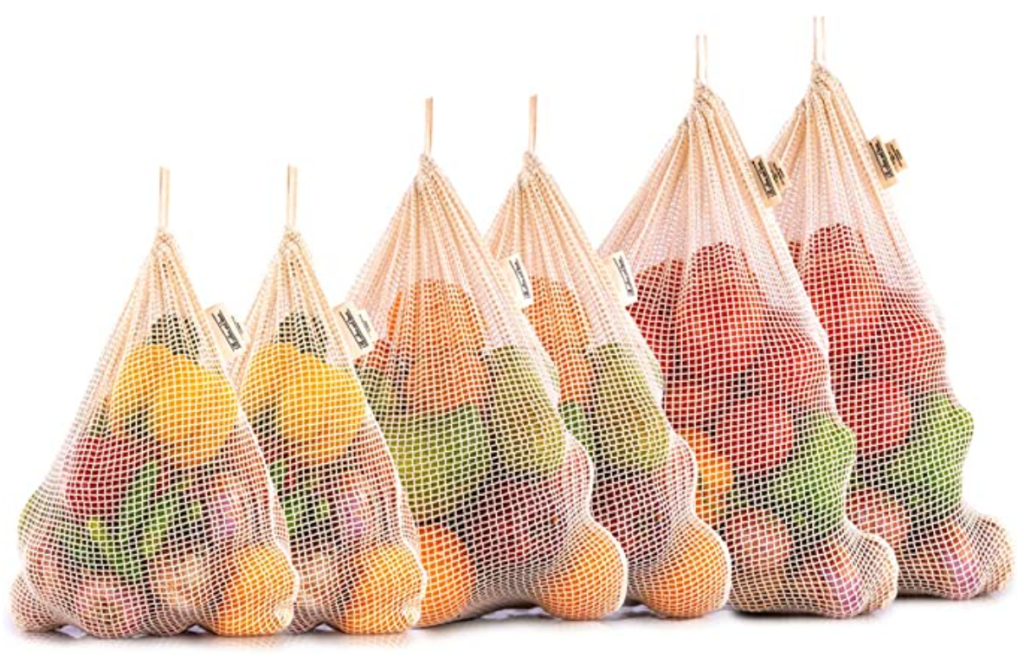
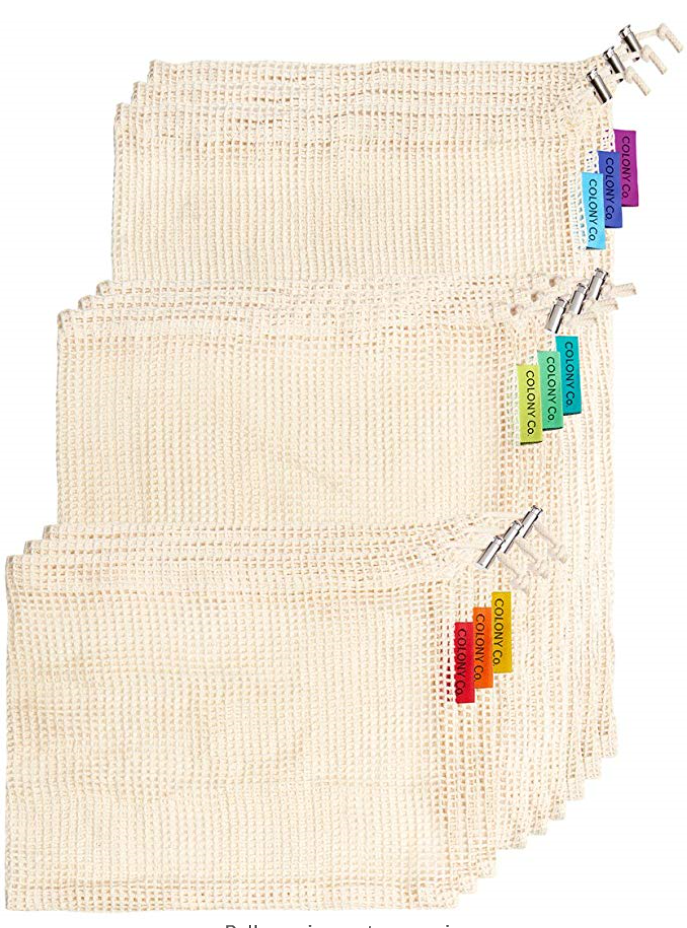
- It's lightweight
- Produce can be put in the fridge with the bag
- Breathable, wash and reuse.
- It’s tested to be free from BPA, mercury, and lead.
- It’s a safe way to go plastic-free and ditch the single use disposables.
REAL SOLUTION IS POSSIBLE WHEN
All of us change to reusable produce bags
All stores only use biodegradable single use produce bags (during COVID single use bags were mandatory)
Rise of Single-use Plastic Bags due to COVID-19 Pandemic
Among many troubling consequences of this COVID-19 pandemic is the environmental devastation caused by the rapid surge in the use of single-use plastics such as bags and masks.
In order to minimize the spread of virus, grocery stores do not want us to bring our own reusable bags. This has left all of us to rely on the plastic produce bags and the shopping bags provided at the store.
Any progress we had made in reducing the plastic bags, have all been reversed for the worse. Handling this trash is becoming a crisis and is soon going to explode on us.
Several innovations have happened over the years and there are biodegradable and compostable single-use plastic bags being manufactured and sold at a very comparable cost to the fossil-fuel based plastics. In spite of an alternative safer solution available, we are still not breaking out of the crude-oil based plastics manufacturing.
Let us demand our leaders in power to promote and enforce manufacturing and use of biodegradable and compostable plastic bags, by offering incentives and policies.
We can also further invest in research and development to figure out more environmental friendly single-use materials for a more natural decomposition.
For now, we do have these compostable single-use produce bags and let’s insist retailers to use these single-use compostable bags only.
